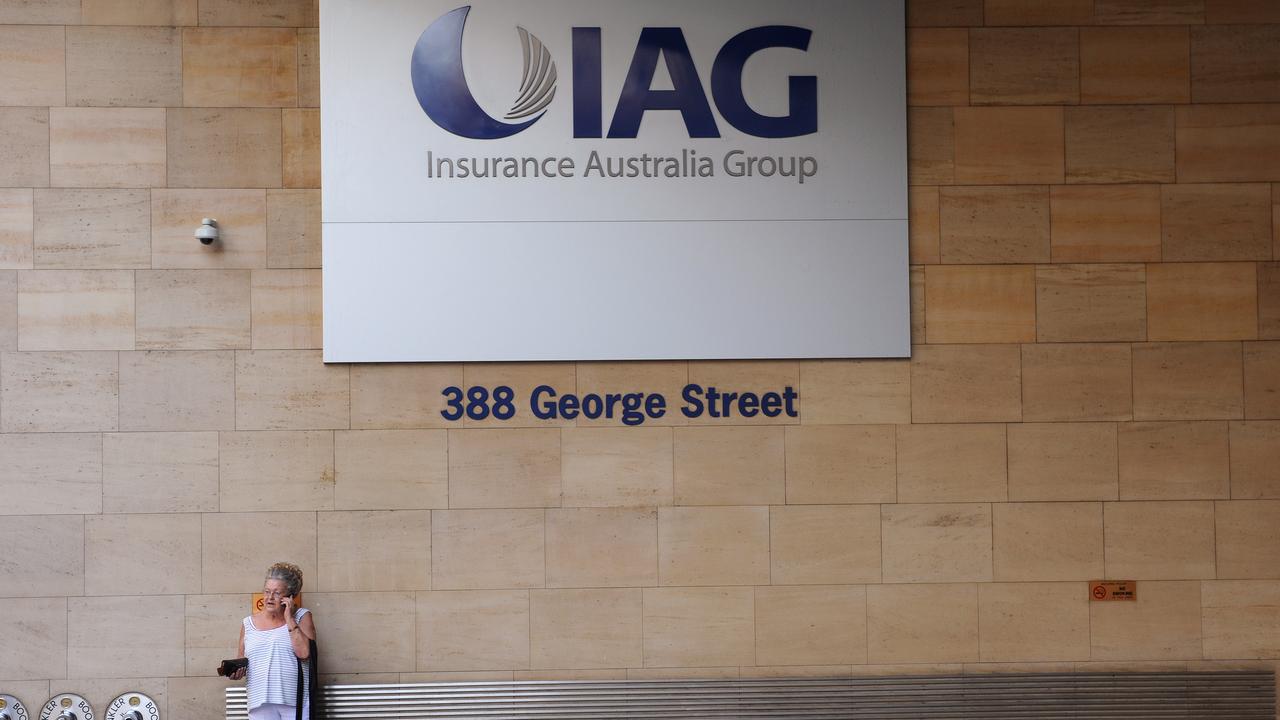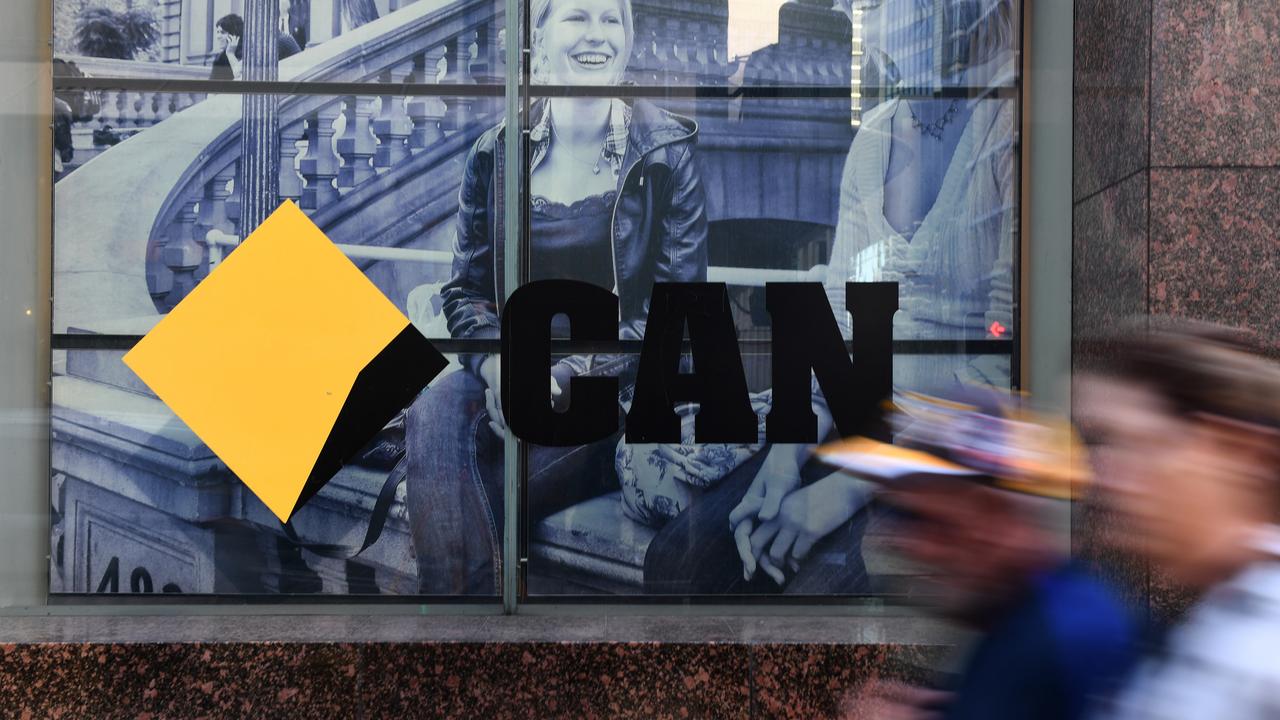Super funds slow to pay out members to be named and shamed by regulator
Super funds slow to pay out members’ savings under the early access scheme will soon be named and shamed.

Super funds that drag their heels on paying out members’ savings as part of the government’s early access scheme will soon be named and shamed by the banking regulator.
The Australian Prudential Regulation Authority began collecting data from super trustees this week to gain insight into how the process is working on a fund and industry level.
Super funds are required to provide, on a weekly basis, a range of data to the regulator, including how many members apply for early access to their nest eggs, the amount paid out to members, and processing times of payments.
The information will allow APRA to understand the impact of the scheme, which allows workers to access up to $20,000 of their super before the end of September, on the superannuation industry, the regulator said.
Super funds supplied the first set of weekly data on Wednesday, which APRA was reviewing, a spokesman for the regulator said.
The industry-level data could be made publicly available as early as Monday, while fund-level data will be released within the coming weeks, he said.
It comes as the $50bn Hostplus and $60bn REST super funds faced criticism from some members for failing to pay out their savings within the five-day deadline set by the regulator.
Both funds, whose members are largely from the retail and hospitality sectors, are expected to be among the hardest hit by the withdrawal requests.
Hostplus confirmed it had paid out $603m on 84,613 claims in the first five days of the scheme, while Rest said it had received 94,264 claims worth $683m as of close of business Wednesday.
A Rest spokesman said 91 per cent of payments the fund had processed so far had been done within the five-day time frame, with the remaining payments flagged for additional verification as part of its fraud and money laundering processes
“Unfortunately this may extend the processing time beyond five days,” the spokesman said.
“We know how important it is that members in financial distress receive support as quickly as possible, and our administrator AAS has a dedicated team to ensure that these flagged payments are reviewed and processed as quickly as possible.”
The APRA spokesman said trustees were legally required to make early release payments to eligible members “as soon as practicable”, under the Superannuation Industry (Supervision) Act.
“APRA expects trustees should be able to generally achieve this within five business days. However, APRA also recognises this may not be practicable in all cases, as trustees conduct fraud checks, and fulfil their legal obligation to look out for the best interests of all fund members.
“APRA is monitoring trustee performance in this area closely and will consider taking enforcement action if it believes funds are unjustifiably delaying releasing benefits to eligible members,” the spokesman said.
More than 760,000 workers have so far applied to the ATO for early release of their savings, with $6.3bn approved to be paid out.
Before applications opened on April 20, more than 900,000 Australians had registered their interest in taking part in the scheme, which allows workers to take out $10,000 in savings before June 30, and a further $10,000 between July 1 and September 24. Both payments are tax free.
Around 1.7 million savers are expected to draw down funds from their nest eggs between now and late September. People who have lost their jobs or had their working hours reduced by at least 20 per cent are among those eligible to apply for early access. Sole traders that have suffered a 20 per cent or more decline in turnover are also eligible, as are some temporary visa holders.
Analysis by Industry Super Australia has found that a 20-year-old who accessed the full $20,000 available under the scheme could lose more than $120,000 from their retirement nest egg, while a 30-year-old could lose $100,000 and a 40-year-old more than $63,000.


